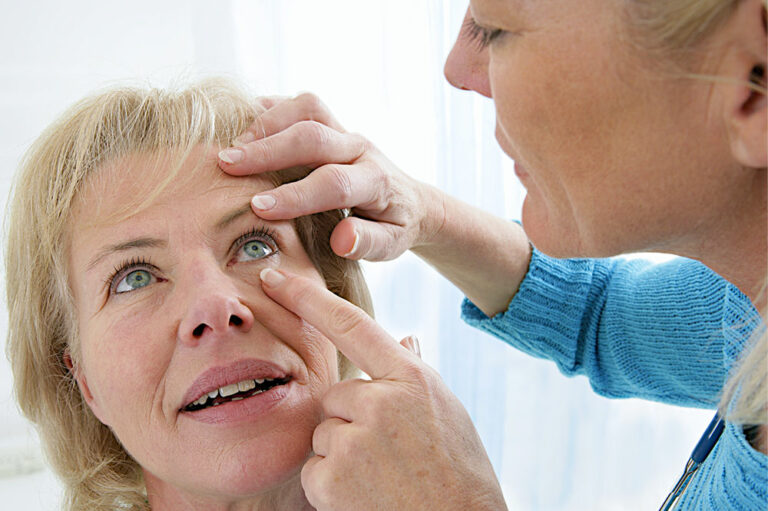
01
3 simple tips to cope with menopausal mood swings
Most women experience menopause during their late 40s or early 50s when the ovaries stop producing eggs and two primary hormones, estrogen and progesterone. Menopause is confirmed after 12 consecutive months of no menstruation, and women experience several symptoms associated with hormonal changes during this time. Hot flashes, vaginal dryness, and mood swings are known to accompany menopause, along with disturbances in sleeping patterns. Women can have a tough time coping with mood swings in particular, as there is no telling what might trigger them and when. The following tips can help manage menopausal mood swings to a great extent at home: Manage stress and depression Menopause brings about several changes in both the mind and body, which can result in higher stress levels. Also, during the pre- and post-menopausal years, women are more vulnerable to experiencing depression and depressive symptoms. These problems can also affect women who have never faced depression or had a history of psychological disorders. At such times, women can seek the help of a professional psychiatrist to identify and help manage clinical depression. Dealing with stress also includes finding the time and energy to take care of one’s own needs. It is crucial for women dealing with menopausal changes to take things slowly and easily, and they must avoid overthinking and overworking themselves.
Read More 









